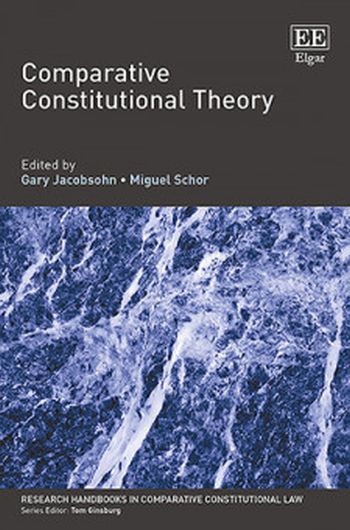
The need for innovative thinking about alternative constitutional experiences is evident, and readers of Comparative Constitutional Theory will find in its pages a compendium of original, theory-driven essays.
The authors use a variety of theoretical perspectives to explore the diversity of global constitutional experience in a post-1989 world prominently marked by momentous transitions from authoritarianism to democracy, by multiple constitutional revolutions and devolutions, by the increased penetration of international law into national jurisdictions, and by the enhancement of supra-national institutions of governance.
Scholars around the globe will be interested in this book's unique discussion of comparative constitutional theory, and students and college professors will appreciate the accessibility of the chapters and the placement of the United States in comparative focus.